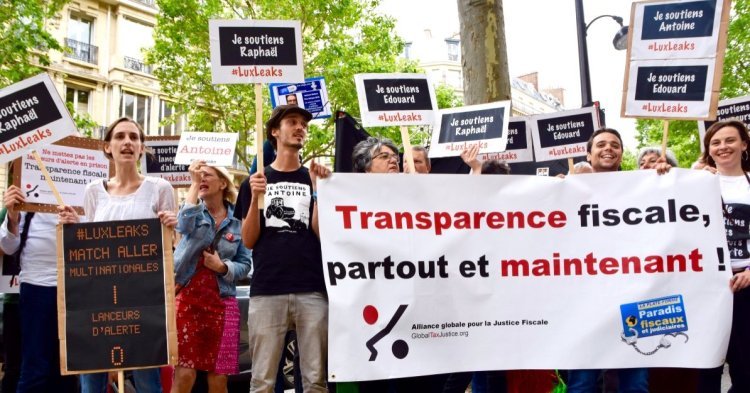Still, whistleblower protection is changing across the continent. On Monday 11th March, the European Parliament and the Member States agreed on rules that the Parliament officially adopted, with a final green light from the Council pending. The goal is to allow whistleblowers to report an offence either within their company or organisation, or with European or national authorities such as the Defender of Rights (or Ombudsman) in France. If no response is given or the whistleblower believes that there is an imminent threat to the public interest, he or she can directly share their information with the media and take advantage of source confidentiality.
Protecting whistleblowers from their superiors
Parliamentarians intend to protect whistleblowers against retaliations such as dismissal or demotion. “I am under no illusions. It is obvious that a company may still be tempted to push a whistleblower aside but now it will be punished for this” says MEP Jean-Marie Cavada (ALDE), who contributed to drafting the text. “There is also the chance that whistleblowers will still find themselves in court, will be constantly seen as threats and will even suffer isolation” states Virginie Rozière (Socialists and Democrats) who is the rapporteur of the text and who was interviewed by our webzine. “Still, the spirit of the agreement is to recalibrate the balance of power. This is a strong signal with regard to justice, democracy and citizenship. This is a satisfying text for Europeans and whistleblowers, for whom exposing offences does not come cheap.”
Is France not up to addressing the issues at stake?
The battle was tough. “Paris opposed the text and wanted to content itself with duplicating the Sapin 2 law at a European level. However the ‘Sapin II Law’ [1] is not the most comprehensive law in Europe to protect whistleblowers,” said the MEP. “Reflecting the opinions of Medef [2], we heard a lot about the reporting channel having to be the internal channel of the company.”
Jean-Marie Cavada is equally cautious: “This agreement was necessary but difficult because once again, our worst opponents are Member States – France but also Germany.” Indeed, we should consider that this text also concerns them as well. “Administrations and states can try to hide information concerning matters related to health, environment, security et cetera. Yet the whistleblower is the one who redirects authorities to focus on the general interest. Our text recognises the importance of civil society, which has always been affected by errors and secrecy.”
It is up to Member States to enrich the text
Until now, the level of whistleblower protection has been uneven across the Union. Some states already offered certain protection, including Italy, the Netherlands, Slovakia or Sweden. Others provided only partial protection or focused only on specific sectors. The text will have the merit of creating common rules for all. The scope will cover the fight against money laundering, corporate taxation, public procurement, data protection, food and transport safety, environmental protection and nuclear safety. It is up to each Member State, at the time of the transposition, to extend this protection to other areas if they wish to do so.



Follow the comments: |
|
